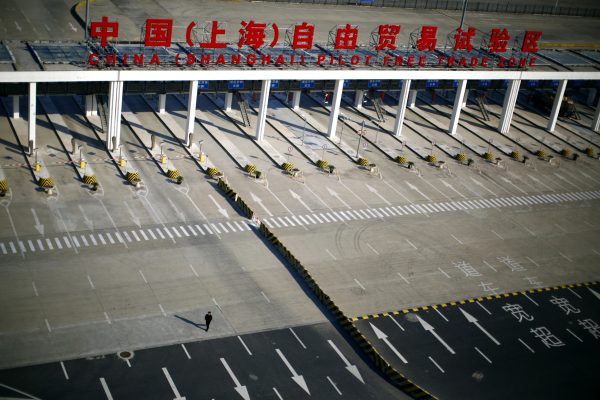For the last 15 years, the United States and other advanced nations have endlessly — and correctly — lectured Chinese officials on the need to follow the rule of law in their economic relations with major trading partners. But all evidence points to the fact that the United States and the European Union will flout their own admonitions and refuse to remove the non-market economy status for China.
Definitions of market economies are peripheral. The core issue is the unlawful intent of some WTO member states to continue to use methodologies that result in outsized tariffs against Chinese goods.
The WTO has established rules for dealing with allegedly unfair trading practices, particularly through so-called ‘anti-dumping’ rules against member states that allow their companies to sell goods below the cost of production or at prices below those in the home market.
Because of the size of the Chinese economy, the economic distortions still produced by government intervention and the role of state-owned enterprises, the United States and other major trading nations insisted in 2001 that there be an interim arrangement. It allowed other WTO members to ignore Chinese domestic price comparisons and use ‘constructed’ values based on surrogate prices from comparable national market economies or other calculated factors of production.
These substitute methods allow for wide administrative discretion and abuse through manipulation of price data. The result is anti-dumping tariffs up to 40 per cent higher than normal anti-dumping duties.
Chinese accession rules also provided that Beijing could attempt, on a sector-by-sector basis, to prove that price comparisons were valid and that a particular business or sector was operating in a normal capitalist fashion. These efforts largely failed as it was too tempting for other nations to employ the market-restricting non-market economy methods to avoid competition with Chinese companies.
But in December 2016 this has produced a scramble to avoid the WTO deadline.
Over the last several years some WTO nations have ‘reinterpreted’ the original Chinese accession language to argue that there is an escape clause in the original agreement that allows them to continue to treat China in some way as a non-market economy — with all the attendant anti-dumping tariffs.
Beginning with then United States Trade Representative Charlene Barshefsky, who negotiated the agreement under President Clinton, and continuing with USTRs under Presidents Bush and Obama (at least until 2012), the US government has repeatedly affirmed that China’s non-market economy status would come to an end in December 2016. But in 2012 the USTR reversed its position and now holds that recent flawed protectionist legal interpretations of the accession agreement are valid.
What makes this reversal strange is that it flies in the face of a 2011 WTO Appellate Body decision that seems to directly contradict the new reading of the accession language.
Removal of the special anti-dumping rules for China does not leave its trading partners helpless against alleged unfair trade practices. The normal WTO anti-dumping rules themselves allow great discretion and tilt the playing field against exporters, and WTO rules contain effective anti-subsidy provisions. China will remain a prime target of both disciplines.
In a trading world that consists largely of trade in parts and components that pass back and forth across borders numerous times, WTO anti-dumping rules are outdated and truly anti-competitive. But there is no serious WTO legal defence for continuing non-market economy methodology against Beijing after December 11. Certainly, there is much to criticise — and to attack — in China’s trade and investment policies. But in this case, a deal is a deal and should be honoured.
Claude Barfield is a resident scholar at the American Enterprise Institute. He is a former consultant to the office of the US Trade Representative.
A version of this article first appeared here on Inside Sources.

